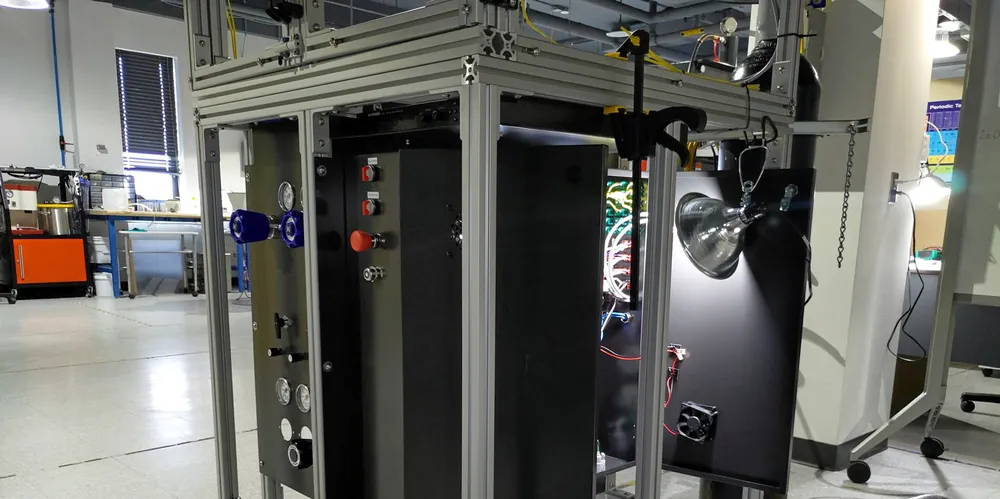Cheaper green hydrogen | BP leads investment round for electrolyser start-up that promises world-beating efficiency
Advanced Ionics’ Symbion technology only requires 35kWh/kgH2, while needing less heat than other high-temperature electrolysers

Advanced Ionics’ Symbion technology only requires 35kWh/kgH2, while needing less heat than other high-temperature electrolysers
